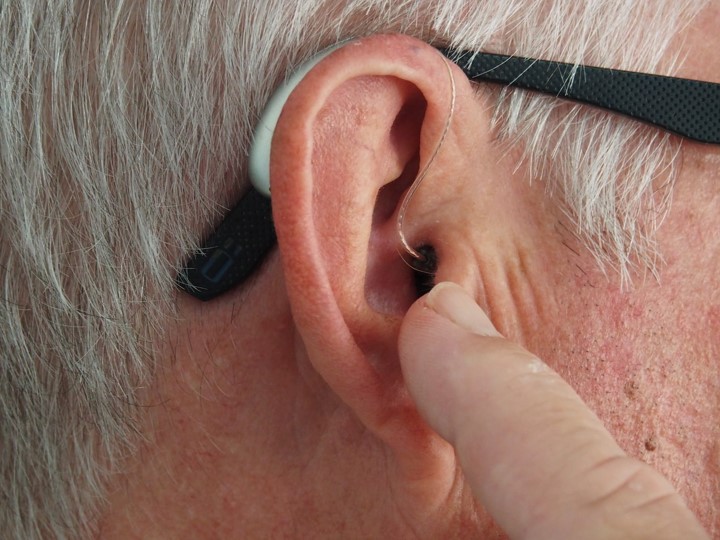4 Best Ways To Care For Your Hearing Aids
We all want to preserve our hearing as long as possible. But that's not always easy to do when you're dealing with age-related hearing loss. While it might be easier and cheaper to simply throw away your old hearing aids and go for new ones, there is another option: simple maintenance. Some people might think that proper care is too much work or takes too much time, but this really isn't the case and, in fact, can save money. Here are some tips on how to care for and protect your hearing aids::
Remove wax deposits often
A build-up of wax in the ear canal can reduce hearing aid effectiveness and cause discomfort. Wax is actually a good thing, as it keeps dust out of your ears and helps prevent infections. But if you wear hearing aids, be sure to clean them to keep them working properly regularly.
You should keep a pair of tweezers on hand for removing this buildup from your hearing aid(s). Gently press on the outer rim of your hearing aid with one hand while using the other hand to grab hold of any wax that has accumulated inside. Then pull gently until you've removed all the stubborn bits of debris that have built up within!
Clean daily with a soft cloth
Your hearing aids are the most important tools you have to better your hearing, but they're also delicate. If you don't take proper care of them, you could lose one or both of them, and then what?
You need to take good care of your hearing aids so that they last as long as possible. Cleaning them daily with a soft cloth will help them last longer than if you don't clean your hearing aids at all.
Plus, when you regularly clean your hearing aid with a soft cloth, it will perform better. They'll be more comfortable for you to wear, less likely to pick up dirt and dust from the environment, and won't deteriorate as quickly if they aren't being exposed to the elements.
Protect from moisture and humidity
You should protect your hearing aid from moisture and humidity because it can cause damage to the device. Moisture can seep into the sound processor, corroding its inner workings and making it less effective at amplifying sound. In addition, moisture can cause mold to grow inside of the hearing aid, which can also damage the device's inner components.
If you live in a humid area or near water (like the ocean), you may want to consider using a case for your hearing aid. Cases will help keep out moisture that could otherwise damage your hearing aid.
Keep dry
It's important to keep your hearing aids dry because water can cause damage to the internal components of your hearing aid. The moisture can cause corrosion, which can lead to noise in the device, as well as malfunctioning. Your hearing aid may also be unable to function properly if it gets wet.
In addition, water can cause skin irritation for many people with hearing aids. If you wear your hearing aids in a place where they might get wet—like while swimming or showering—you risk developing an infection or inflammation of your ear canal skin.
Change batteries regularly
Batteries in hearing aids should be changed every 3-4 months, depending on how much you wear them and whether or not you use rechargeable batteries. The cost of disposable or rechargeable batteries can add up over time, but these costs are offset by the benefits of hearing better and having less interference from background noise. If you’re looking for an environmentally friendly option, try rechargeable batteries that can be used in either type of device—an even better option if you spend most of your time outdoors!
839GYLCCC1992


 Photo by
Photo by 
Leave a Reply